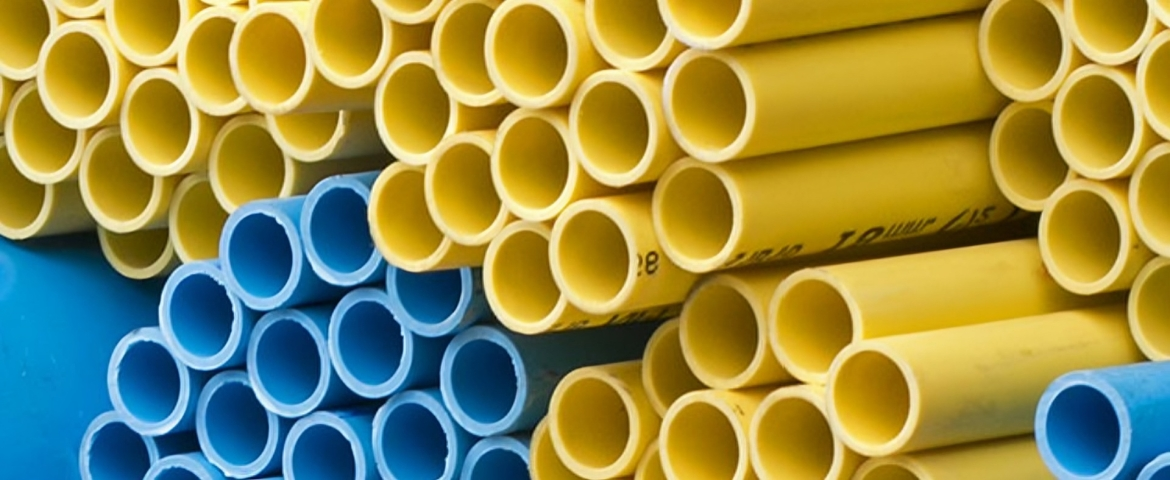Sertifikati
ABM International nosilac je brojnih prestižnih sertifikata:


Za primenu u različitim industrijskim granama

Zbog svojih hemijskih i fizičkih svojstava kalcijum karbonat ima širok raspon upotrebe u različitim granama industrije, pre svega u industriji boja i premaza, lepkova, maltera, keramike i proizvoda na bazi cementa. Kalcijum karbonat koji se primenjuje u građevinarstvu proizvodima daje otpornost, pigmentna svojstva, čvrstoću, viskoznost i mehanička svojstva. Mikronizirani kalcijum karbonat ima glavnu ulogu kao ispuna u bojama i premazima. Prirodni krečnjak (kalcijum karbonat) je osnovna sirovina za vezivne i zaptivne proizovde. Od najsitnijeg praha do granulata kalcijum karbonat ima široku primenu u građevinskoj industiji. CaCo3 kada se dodaje betonu povećava samokompaktna svojstva gde proizvod ima bolju obradivost, povećanu čvrstoću i bolji izgled sa glatkom površinom.

Kalcijum je jedna od esencijalnih hranjivih materija za sve vrste ishrana kod svinja, živine, preživara pa čak i kućnih ljubimaca. Glavne funkcije kalcijuma u ishrani životinja su: • pravilan rast i razvoj kostiju i zuba • regulisanje rada srca i zgrušavanja krvi • aktiviranje enzima i lučenje hormona • formiranje ljuske jajeta • povećanje mlečne proizvodnje i smanjivanje mogućnosti nastanka mlečne groznice • mišićna kontrakcija i nervni impulsi • aktiviranje enzima i lučnje hormona Mleveni krečnjak (kalcijum karbonat) u praksi sadrži između 36 i 38% kalcijuma, dok krečnjak iz našeg kamenoloma ima viši procenat kalcijuma, čak 40%. Vrši se redovna kontrola kvaliteta u SP laboratoriji Bečej gde se kontroliše prisutnost teških metala i procenat kalcijuma.

Fleksibilne poliuretanske pene su jedna od najvažnijih klasa ćelijske plastike koja se koristi u proizvodnji materijala kao što su sunđeri, memorijske pene, jastuci, nameštaj, materijali za oblaganje za automobila, pakovanje, obuća itd. Procenjena je ukupna potrošnja fleksibilne poliuretanske pene na preko 7 miliona tona u 2007. godini, a prosečna godišnja stopa rasta je oko 5%. Uopšte, industrije koje proizvode fleksibilne poliuretanske pene koriste punila da modifikuju svojstva materijala na određeni način kako bi postigla dimenzionalnu stabilnost lako povlačenje iz kalupa i gustinu servisiranja. Proizvodni trošak fleksibilne poliuretanske pene značajno zavisi od troškova poliola, koji predstavljaju najveći procenat materijala koji se koriste u proizvodnji pene sa karakteristikama da induciraju vrhunska mehanička svojstva. Pogodna punila koja su relativno jeftina mogu se uneti u matricu pena kao zamena za poliol. Uticaj CaCO3 punila u fleksibilnoj matrici od poliuretanske pene za dvostruke svrhe postizanja održivih mehaničkih svojstava i smanjenja troškova proizvodnje. Nađeno je da je optimalni sastav CaCO3 20 mas.% Što predstavlja istovremeno smanjenje troškova proizvodnje od 18,54%. U fleksibilnim poliuretanskim penama punila promovišu povećanje gustine i otpornosti na kompresiju.

DUCALCIT značaj kalcijum karbonata u različitim industrijskim granama sa posebnim osvrtom na upotrebu kalcijum karbonata kao punioca u industriji polivinil-hlorida (PVC). Od svih punilaca koja se koriste u industriji prerade PVC-a, 80 % su punioci tipa kalcijum karbonata. Punioci se koriste sa ciljem da se poboljšaju različite mehaničke osobine polimera kao što su: zatezna i prekidna svojstva, gustina, tvrdoća, toplotna postojanost, viskozitet i drugo. Najnoviji pravci industrijskog razvoja kao i zahtevi prerađivačke industrije za što kvalitetnijim karbonatnim puniocima uticali su na uvođenje postupka površinskog modifikovanja krečnjaka odnosno kalcita, koji je osnovni konstituent fino mikroniziranog krečnjaka kako bi se poboljšale njegove osobine. DUCALEN je ekološki masterbač - punilac u formi granulata sa visokim sadržajem selektovanog veoma finog prirodnog kalcijum karbonata umešanog u LLDPE nosaču sa kliznim sredstvom. DUCALEN je uglavnom namenjen kao dodatak za ekstruziono duvanje filma, u tehnologijama brizganja, termoformiranja, ekstrudiranja cevi i sl. DUCALEN povećava produktivnost i redukuje pritisak kod ekstrudiranja, dimenzionalnu stabilnost, brže vreme hlađenja i kraći ciklus u postupku brizganja, povećava mehaničke karakteristike i snižava cenu gotovog proizvoda.

Kalcijum, bitan elemenat u ishrani gajenih biljaka, u zemljištu ce nalazi u nezamenjivom obliku u raznim mineralima kao što su kalcijum karbonat, kalcit, dolomit, kalcijum fosfati, apatiti, silikati. Ovi oblici kalcijuma su nepristupačni tek nakon razlaganja i rastvaranja mogu mogu biti usvojeni od strane biljaka. Zbog načina iskorišćavanja zemljišta i neunošenja kalcijuma putem đubriva u dovoljnim količinama, često dolazi do njegovog potpunog gubitka iz oraničnog sloja, što ima za posledicu povećanje kiselosti (smanjenje pH vrednosti) zemljišta, a time i razaranje složenog zemljišnog kompleksa, ispiranje ostalih hraniva, narušavanje strukture zemljišta i naravno njegov nedostatak kao biogenog elementa za gajene biljke. Kalcijum se iz zemljišta odnosi prinosom gajenih biljaka, a samim prelaskom u pristupačan oblik praktično je nezaštićen od ispiranja i većina naših zemlji šta, do skoro bogatih kalcijumom, ostaju bez njega u oraničnom sloju. Jedina mera popravke odnosno neutralizacije ovakvih zemljišta je izvođenje kalcifikacije.

Zeoliti su grupa prirodnih minerala koji imaju određena svojstva koja im omogućavaju da razmene jedan naelektrisan jon prisutan u njihovoj kristalnoj strukturi, za drugi jon prisutan u okruženju. Zeolit je efikasan uklanjač amonijaka i takođe obezbeđuje veliku površinu za nitrovanje bakterija u recirkulišućem sistemu. Zeolit ne samo da pruža optičku bistrinu vode već je i održava biološki čistom. Ključne beneficije: • apsorbuje toksični amonijak • apsorbuje teške metale i pesticide • otklanja mikro čestice u vodi • smanjuje rast algi • sprečava širenje i koncentraciju neugodnih mirisa u objektima vodosnabdevanja • sprečava razvoj mikroorganizama i truleži u vodi • neće zamutiti vodu • nije toksičan • u potpunosti bezbedan za ribe i nitrovanje bakterija
ABM International nosilac je brojnih prestižnih sertifikata:
Nazad na vrh